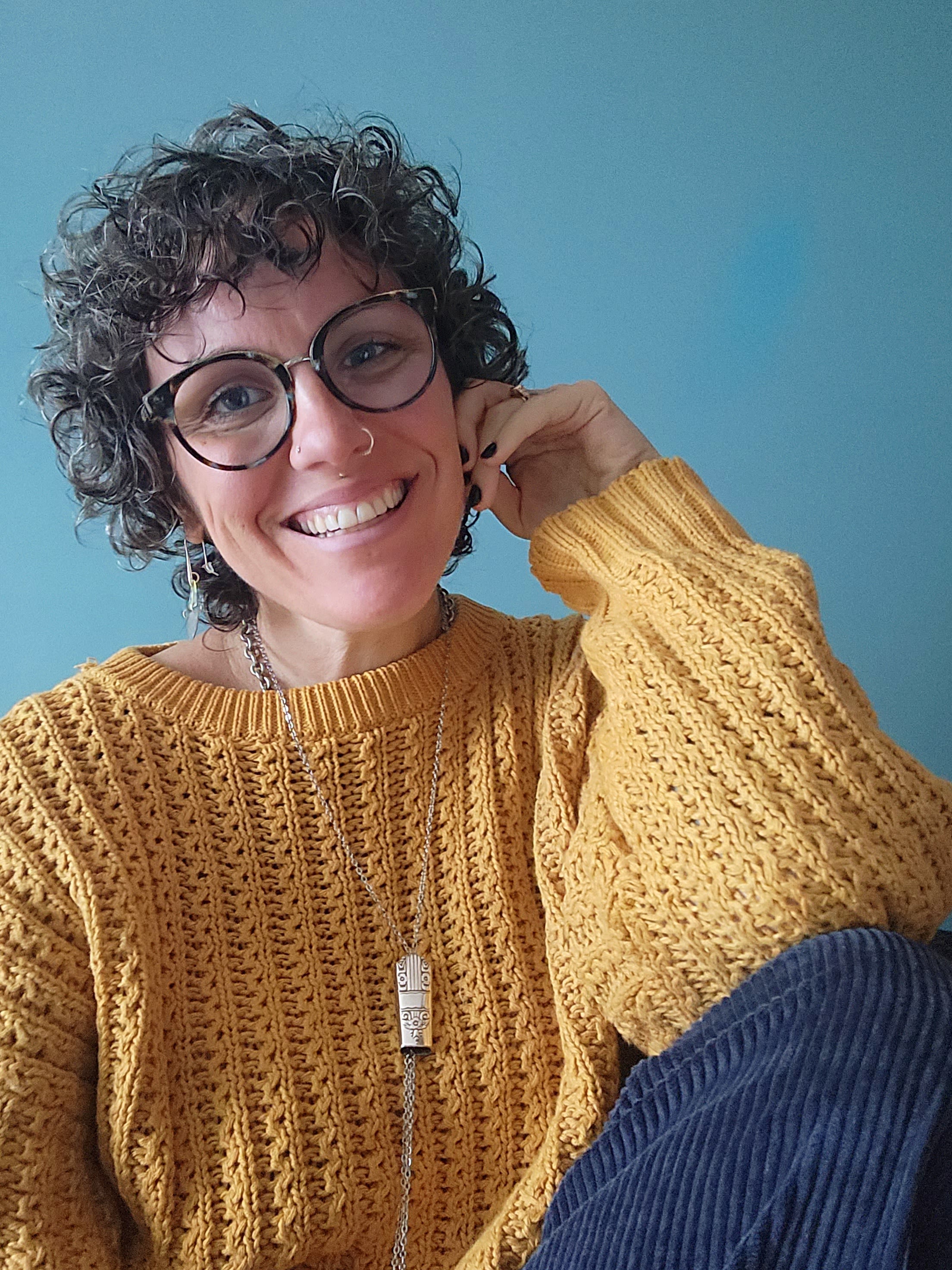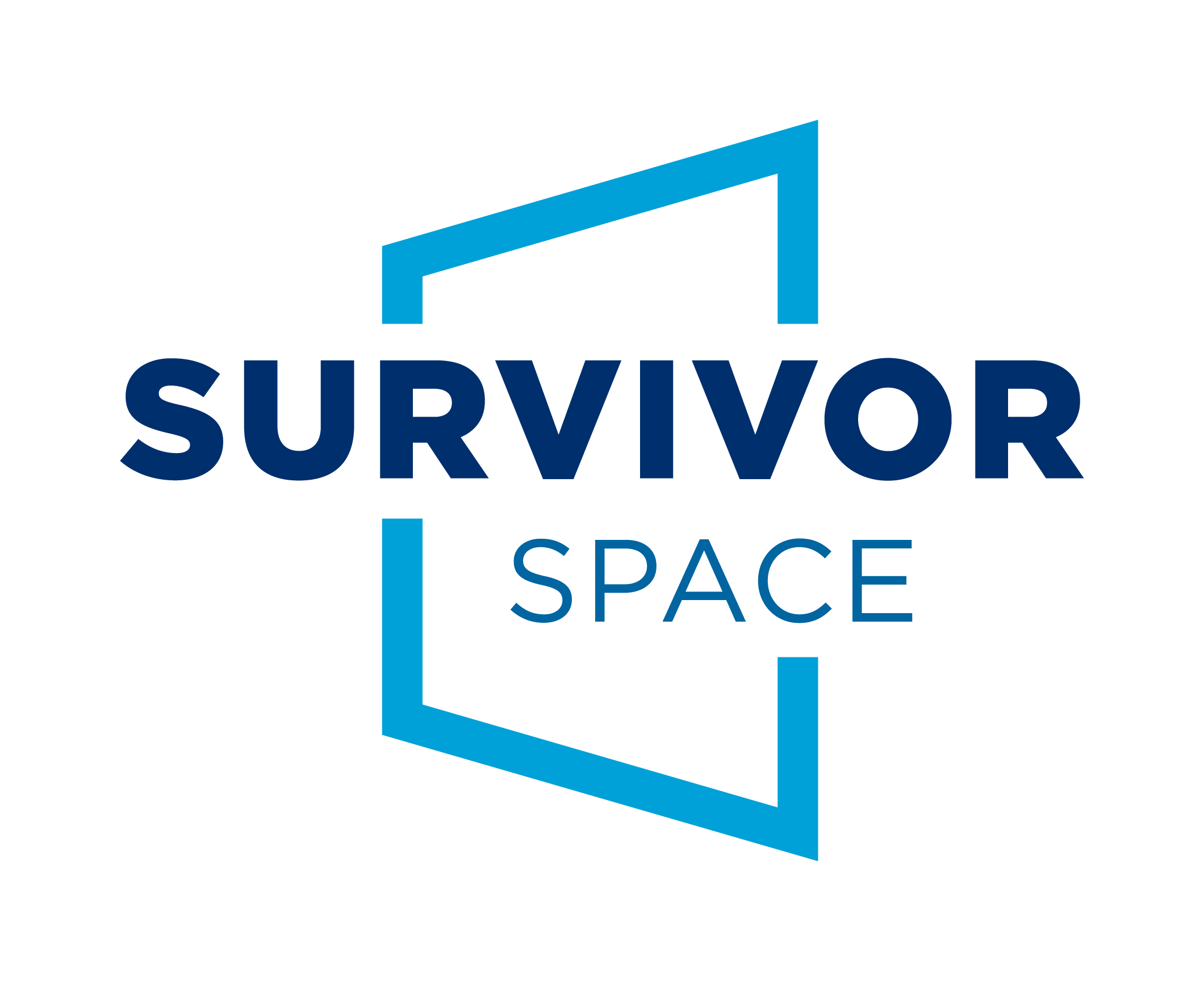Abnormal is Normal
I typically write pieces for this space from a very personal perspective, sort of personal essay or blog style, as a way for me to navigate my own experiences and share thoughts I think may resonate with others. Today I want to shift gears a little and write with my professional hat on about something I think is super important and I believe may be beneficial to those who struggle with mental wellness. I have worked within the mental health field for years, and I am currently at the very end of my internship for Clinical Mental Health Counseling. I have been working with clients for about a year and am part of an amazing clinical team at a local non-profit, where I have learned so much from the other clinicians. I have also been navigating my own long, arduous mental health journey since forever. That to say, I feel qualified to share some thoughts about mental wellness from a professional perspective rather than a personal one.
First things first, trigger warning! I am a non-diagnostic clinician. That means I don’t diagnose any of my clients, as I believe that most “symptoms” in the way of mental health, can generally be accounted for by way of personal history rather than physiological disturbance. Basically, there is no such thing as “normal, “and our brains are creating patterns in accordance with our experiences and how we process them. I also believe mind, body and spirit are inseparable, therefore if you are not taking good care of one, the others will suffer. I name this a trigger warning because I know a lot of people have strong opinions about mental health diagnoses and medical interventions for them. Please do not hear me say any of that is bad! What you do to navigate your mental health is for you to decide, and there is no judgement from me. I have plenty of clients who have been or are on meds, previously diagnosed, and I am happy to walk alongside them in that journey however I can. I myself spent many years on meds and have a long list of diagnoses.
I believe many things we consider symptoms and disorders are a trauma response, and so so so many people have trauma. It is argued by some that everyone has trauma. In mental health world we say “capitol T” trauma for things like abuse, neglect, violence, death etc.), and “lower case t” trauma for anything else that may have felt traumatic for someone, (divorce, big move, failure). What is trauma for you may not be trauma for me, as how we think, our general nature, our support systems, our faith, and any other personal aspects, will affect how we experience and respond to hard life events.
Some common trauma responses are: insomnia, mood swings, emotional dysregulation, anxious/avoidant behaviors, loss of hope, feeling detached (dissociation), inability to connect with others, digestive issues, heart issues, joint pain, headaches- the list goes on and on. While all these things fit into any number of diagnoses, none of them are a diagnosis, rather they are just how your mind and body respond to a traumatic event. They are “normal” responses to a trauma. Problematic? Of course, yes- but they are not abnormal.
Sometimes these normal responses become debilitating, and we can’t figure out how to teach our brain new patterns because we are so swallowed up by the old ones. Maybe we can’t get our bodies to pull themselves from bed or sleep, or maybe we can’t get them to slow down and go to sleep. But SO many of us live in a version of reality where we are actively and intentionally having to do some mental jumping jacks to function in a mostly healthy or productive way. We are talking ourselves through going to the store, having a hard conversation with a friend, how to not melt down during an argument with mom. We are convincing ourselves that we can get up and shower and sit in the sun for a bit, that our partner isn’t mad at us just because they are quiet tonight, that eating dessert is not going to ruin our body. We are trying to not ruminate on last night’s conversation or obsess about the embarrassing comment we made in the lunchroom.
My point in all this is to remind you, or maybe tell you for the first time, you are not defective. You are not abnormal. You are not alone. You are just a human, traveling this wild land with no map, no instruction manual, no idea what will happen next, hardly any idea what has happened previously, all while trying to meet your own needs (physically, mentally, emotionally and spiritually) and build healthy relationships with other lost travelers. There is nothing easy and normal about any of this, friend. So, get a diagnosis, don’t get a diagnosis- it’s up to you. Just remember in all things to be patient, gracious, and kind to yourself. Know that help is out there, waiting for you to feel ready to receive it.
Note: In reference to my trigger warning, and because I want to make sure no one is misunderstanding me here, I am not telling you to come off meds or fire your psychiatrist. I am simply bringing a different perspective to the table that I have found to be beneficial in my own healing journey and have seen be helpful in practice with others. There is so much information about medicine and chemical imbalances and all things having to do with all that. Trying to understand what is true is like trying to understand which of the newest fad diets is actually the best- there is science to prove every single one is the right one, so if you’re like me you end up more confused after learning than you were before you had any information at all. But do the research! Google the facts! Don’t take my word or anyone else’s- ask professionals hard questions, advocate for yourself, believe in your ability to heal, grow, and change whether you use medication or not!
About the Author

Brooks Decker is a survivor, writer, artist, and mental health professional in Jacksonville, Florida.

Published by SurvivorSpace, an initiative of Zero Abuse Project.
